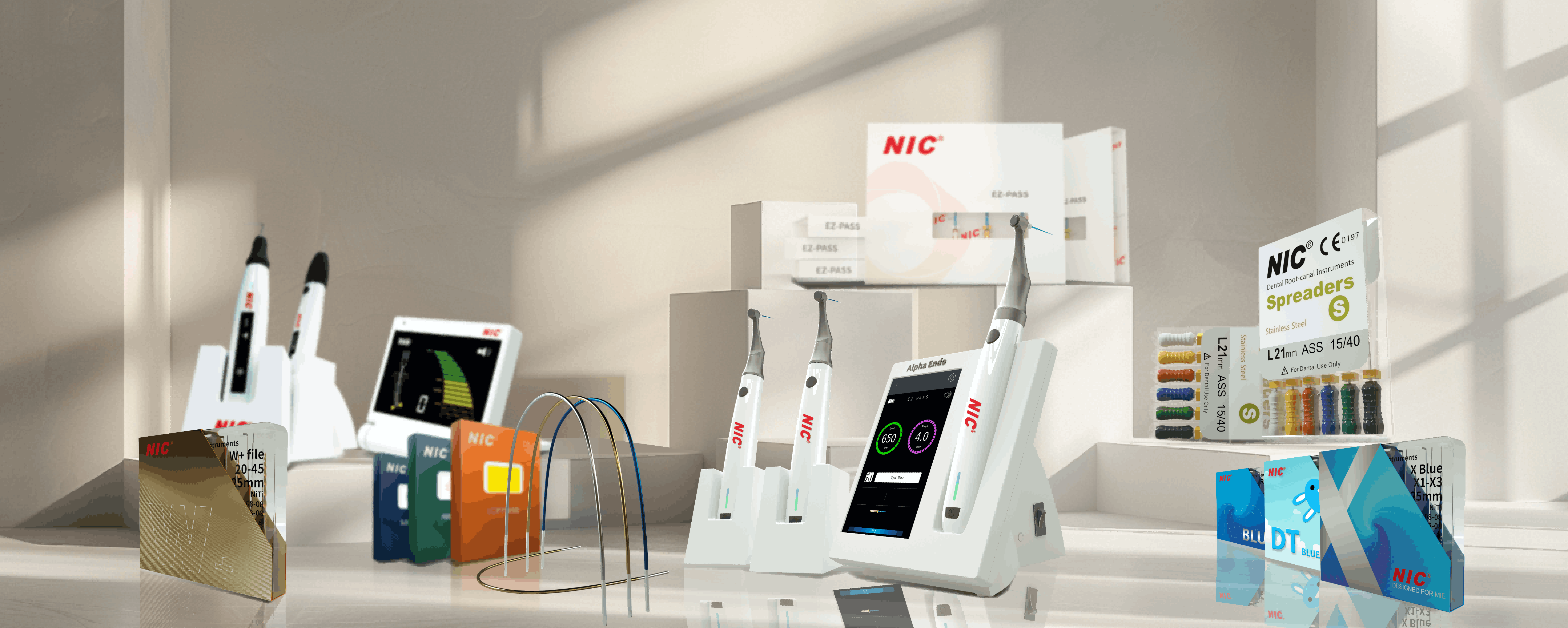


In dentistry, particularly in endodontics, files play a crucial role in the treatment of root canals. These instruments are designed to clean and shape the interior of a tooth, ensuring that all decay and debris are effectively removed. Understanding the different types of files available is essential for dental professionals to provide optimal care.

Types of Endodontic Files
Endodontic files are categorized based on their design, function, and the materials used in their construction. The primary types include:
Hand Files
Hand files are manual instruments used for shaping and cleaning the root canal. They come in various sizes and taper configurations to accommodate different canal anatomies. Typically made of stainless steel or nickel-titanium, these files provide flexibility and strength. Hand files are essential for initial canal negotiation and are often used in conjunction with other endodontic instruments to achieve thorough cleaning.
Rotary Files
Rotary files, as the name suggests, are designed to be used with an electric handpiece. These files allow for faster and more efficient canal preparation compared to hand files. Rotary files are often made from nickel-titanium, which provides enhanced flexibility and resistance to fracture. They come in various sizes and tapers, allowing practitioners to select the appropriate file for different canal shapes and complexities.
Reciprocating Files
Reciprocating files are a newer innovation in endodontics. These files operate in a back-and-forth motion, which reduces the risk of file breakage and enhances control during canal shaping. Like dental rotary files, reciprocating files are typically made from nickel-titanium. They are particularly useful for challenging cases where the canal curvature is pronounced, making them a valuable addition to a dentist's toolkit.
Importance of Quality Endodontic Instruments
Choosing high-quality endodontic instruments, including endo files, is essential for successful root canal treatments. The precision and reliability of these files directly impact the outcome of the procedure. Quality instruments minimize the risk of complications and enhance the overall efficiency of the treatment process.
NIC Dental is a trusted manufacturer of dental instruments, offering a comprehensive range of endodontic files and other essential tools. Their products are engineered for precision and reliability, meeting various clinical needs during root canal preparation. With a focus on quality, we at NIC Dental ensure that dental professionals have access to the best endodontic instruments available.
Conclusion
In summary, understanding the different types of files in dentistry is vital for delivering effective endodontic care. Hand files, rotary files, and reciprocating files each serve unique purposes and are essential for successful root canal treatments. By selecting high-quality endodontic instruments from trusted manufacturers like NIC Dental, dental professionals can ensure that they provide superior care to their patients. Investing in reliable endo file and instrument is a step towards achieving optimal outcomes in endodontic procedures.
